A hotel advertisement campaign is one of the major ways for hotels to generate interest and promote their unique offerings. However, there are various hotel advertising strategies, and it is usually best to adopt several of these to create a diverse marketing mix. In this article, you will find out more about hotel ads, the different available options, and the ways they can benefit hotel owners.
What is Hotel Advertisement?
Hotel advertising is the name given to a collection of different marketing techniques used to promote a hotel and its services. Ultimately, the main purpose behind hotel ads is t portray a hotel in a positive light, and connect with a target audience in a way that makes them more likely to become paying customers.
Advertising is often persuasive in nature, tends to be targeted at an audience rather than individuals, and is intended to improve business results in the short or long term.
Why is Hotel Advertisement Important?
While the primary purpose behind hotel advertising strategies is to generate more business, advertising is important for various reasons. For instance, it is primarily through advertising that many hotels can pursue branding objectives, build up customer awareness, convey their values, and highlight their qualities.
Advertising material is one of the main ways that hotels can stand out from their competitors and communicate unique selling points. A successful hotel advertisement will also encourage customer loyalty.
10 Effective Hotel Advertising Strategies
It is crucial to understand that hotel advertising is a diverse field, including various techniques and disciplines. Below, you will learn about 10 of the most effective strategies available to hotels.
1. Have a Great Reputation
One of the most effective hotel advertising strategies is cultivating an excellent reputation. There are several ways hotel owners can enhance their reputation, with some of the most obvious being to deliver excellent customer service online, and create an excellent customer experience within the hotel.
Try to exceed customer expectations at all times across all channels. Social media is an excellent platform to engage with customers positively, and you can also encourage your guests to leave reviews on various online review platforms. Complaints should also be handled swiftly, competently, and politely.
2. Social Media Advertising
Aside from being a useful platform for customer service, social media is also an excellent channel for hotel ads and other promotional content. The key is to try to create a diverse social media marketing mix, with a combination of text-based hotel ads, web content, video content, and other promotional material.
Hotels must recognize the diverse range of social media platforms, from Facebook and Twitter to Instagram and LinkedIn. What works on one platform may not work on another, so advertising needs to be specifically tailored. Paid advertising on Facebook can also be hugely beneficial for targeting key demographics.
3. Advertising via User Generated Content
User-generated content is, as the name suggests, promotional content that comes directly from ‘users’ or customers. Within the context of hotel advertisement, this is likely to mean photographs shared by guests on social media platforms, video blogs shared on YouTube, and online reviews left on review platforms.
Facilitating the creation of user-generated content can be one of the single most effective hotel advertising strategies, because it does not originate from a brand, making it more trustworthy. Digital photo booths and mobile apps with augmented reality technology are among the best ways to encourage users to create and share content.
4. Hotel Marketing Automation
The idea behind hotel marketing automation is for promotional content to be sent to individual users, without the need for human intervention. This is primarily achieved through data collection, with specific users being targeted based on past interactions or being targeted at particular times of the year.
As an example, a hotel might set up an automated email to be sent to all customers two months before the anniversary of their last visit to the hotel, to turn them into repeat customers. Similarly, people could be targeted with automated promotional content before major landmark birthdays, or before certain holidays.
5. Search Engine Advertising
In the modern world, search engines play a huge role in connecting users with businesses, and many people looking for a hotel will turn to sites like Google first. This is why search engine advertising is such an important concept, because it allows hotels to increase their visibility on results pages.
Generally, search engine advertising refers to paid search ads, which appear separate from organic results. The benefit of this is that your hotel ads stand out more. However, some definitions of search engine advertising include SEO, which is where pages are optimized to rank as highly as possible in organic search results.
6. Video Advertising
With faster internet speeds and increased mobile data availability, video content has grown substantially in popularity recently, and online video advertising is more powerful than ever. It is generally easier to consume than text-based content, conveying information quickly, using audio and visual materials.
Video advertising is especially powerful in the social media age, where content can be easily viewed, shared, and interacted with. Video-based hotel ads might highlight some of the hotel’s key features, showcase rooms, advertise prices, and promote some of the nearby tourist attractions, encouraging bookings.
7. Direct Mail Advertising
Many hotel advertisement campaigns include elements of direct mail advertising, which is a catch-all term encompassing newsletters, sales letters, brochures, promotional catalogues and various other forms of promotional content. The success of a direct mail advertising campaign largely depends on effective targeting.
In most cases, direct mail campaigns must be geared towards selected audiences to be financially viable. However, when this is done properly, with specific demographics being targeted with material they are most likely to respond to, it can be one of the most cost-effective advertising techniques available.
8. Display Advertising
Display advertising is one of the oldest hotel advertising strategies, and is often what people think of when they hear of online hotel ads. These might be banner ads, text ads, or take other forms, and they may be placed on affiliate websites, mobile apps, or social media platforms.
This form of hotel advertisement tends to be paid for on a pay-per-click basis, meaning hotels effectively pay a set fee for each ad-generated click. It can attract online users easily, as key marketing messages can be displayed to them, while audio elements can also be included.
9. Influencer Marketing
The idea behind influencer marketing is to reach out to people with an existing following or online presence, and use their influence to deliver a hotel advertisement to their followers. Crucially, influencer marketing allows hotels to reach audiences in a less overtly promotional way than most other advertising methods.
Aside from this more subtle approach to advertising, influencer marketing can capitalize on the trust a particular person has built with their audience. It can also allow hotels to target specific demographics by reaching out to influencers with considerable influence over the chosen target group.
10. Retargeting
Finally, retargeting is one of the most important modern hotel advertising strategies, because it allows hotels to re-connect with people who have already interacted with their brand. This can be especially useful for hotels, because research shows that many people start to book a hotel room and then back out.
Through retargeting, hotels can reach out to these people, reminding them of the specific hotel room they were viewing, which could convince them to make the booking. Retargeting also has advantages over other hotel ads in terms of cost-effectiveness, as the targeted people already have at least some interest in your hotel.
A hotel advertisement may take many forms, but it will almost always be designed to improve the standing of a hotel, or to convey something positive about it, to encourage bookings. Using the 10 hotel advertising strategies listed above, hotel owners and marketing professionals should be able to achieve these objectives.
Want to Learn More About Hotel Marketing Strategies?
Marketing plays a crucial role in helping businesses to maximize bookings and revenue. It is the main way those in the Hotel industry can reach out to potential customers, conveying their unique selling proposition and brand values. In the following articles, you will find more essential marketing strategies to boost your revenue:
- The Latest Hotel Marketing Trends in the Hotel Industry
- Essential Hotel Marketing Strategies
- 7 Social Media Marketing Tips to Promote Your Hotel
- The Most Important Online Distribution Channels for Hotels
- 5 Ways Personalisation Marketing Can Benefit the Hospitality Industry
- 8 Ways to Improve Customer Experience in the Hospitality Industry
- 9 Tips to Manage Online Hotel Reviews
- Hotel App: Optimise Your Guest Communication & Experience
More Tips to Grow Your Business
Revfine.com is the leading knowledge platform for the hospitality and travel industry. Professionals use our insights, strategies, and actionable tips to get inspired, optimize revenue, innovate processes, and improve customer experience.Explore expert advice on management, marketing, revenue management, operations, software, and technology in our dedicated Hotel, Hospitality, and Travel & Tourism categories.
This article is written by:
Hi, I am Martijn Barten, founder of Revfine.com. With 20 years of experience in the hospitality industry, I specialize in optimizing revenue by combining revenue management with marketing strategies. I have successfully developed, implemented, and managed revenue management and marketing strategies for individual properties and multi-property portfolios.

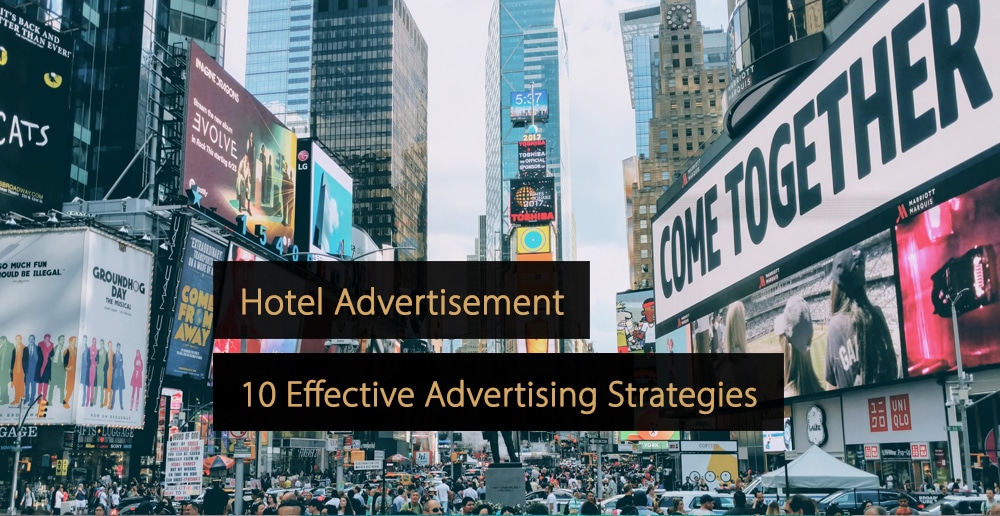

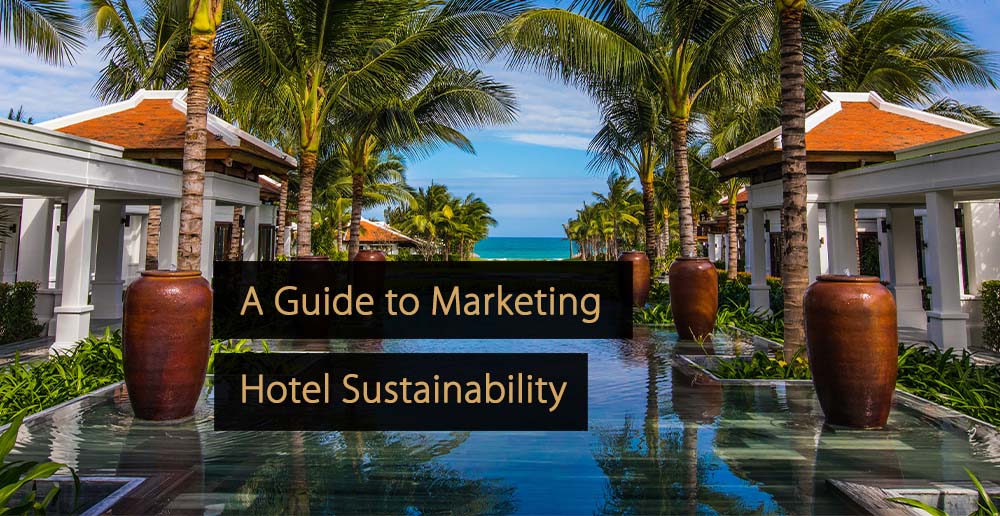

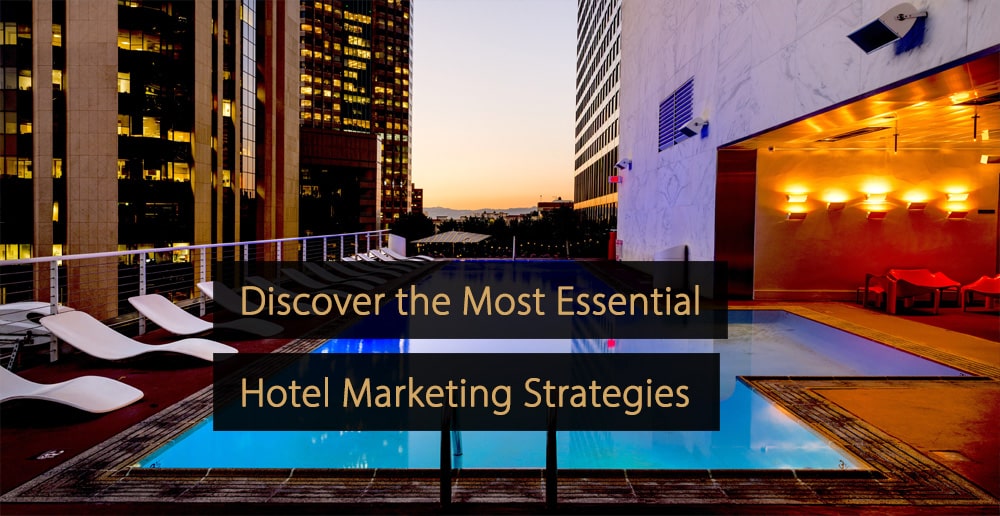
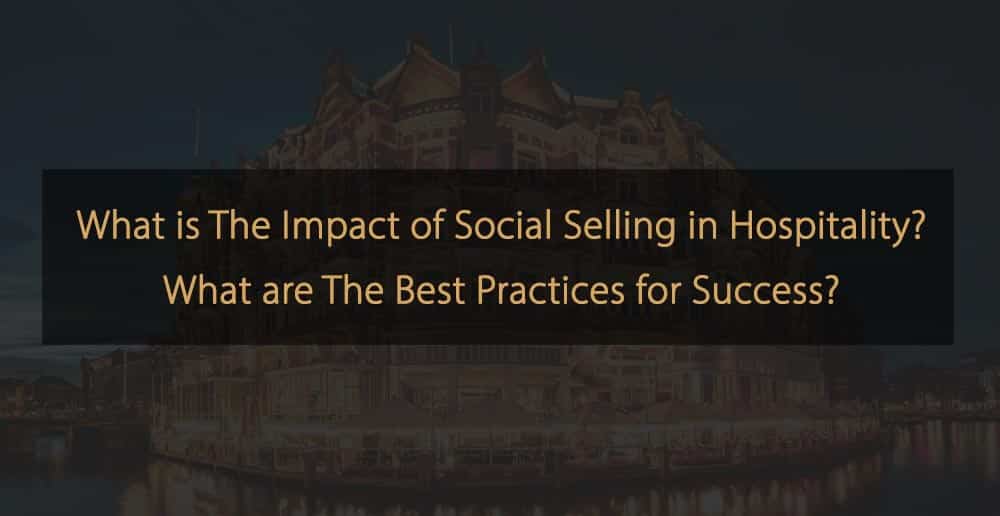
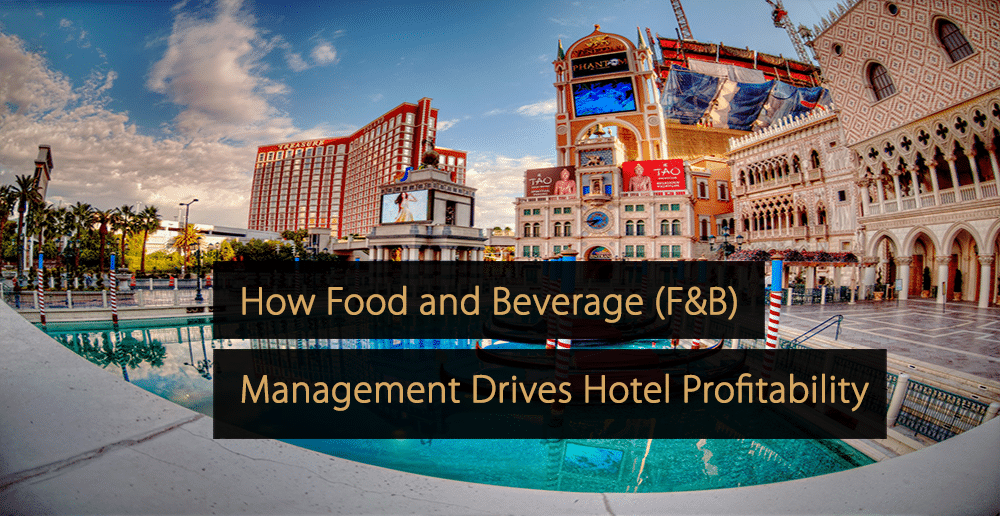

This was a fascinating read! Hotel marketing strategies that target the right audience are effective in increasing ROI. In my opinion, digital presence and optimal usage of social media help build a buzz among potential customers, similarly, e-mail and content marketing are beneficial in engaging customers and sharing user experience videos to improve credibility and confidence.